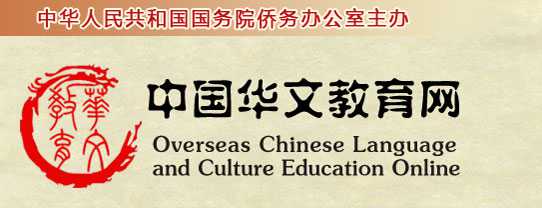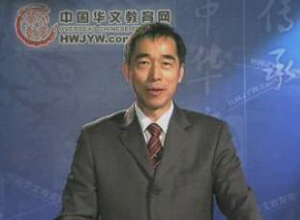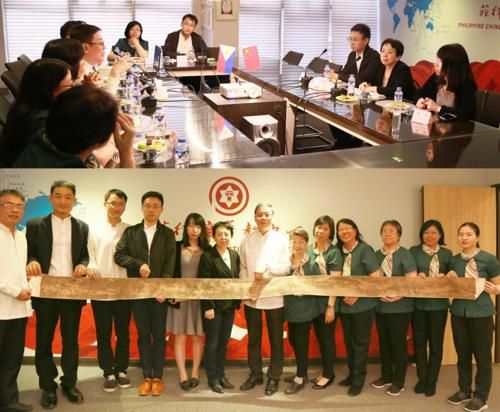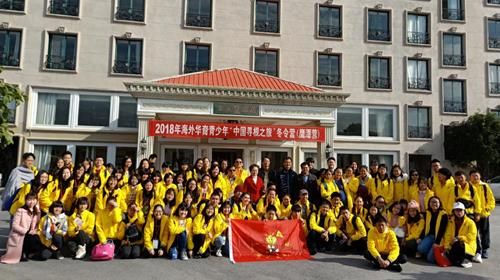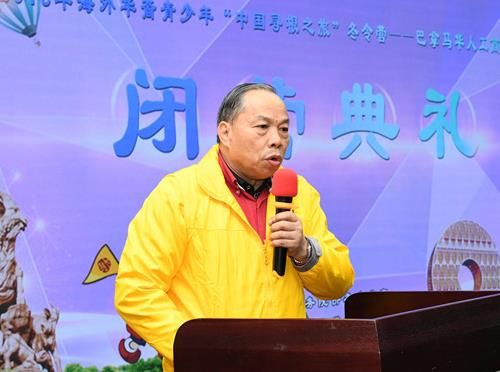|
尊老爱幼 Respect the Aged and Care for the Young
2009年09月03日 09:15
尊老爱幼 尊敬老人、爱护儿童是中华民族的优良传统。几千年来,人们一直把尊老爱幼作为一种社会责任和行为规范。战国时期的孟子就曾说过:要像尊敬自己的老人一样尊敬别人的老人,要像爱护自己的孩子一样爱护别人的孩子。在中国,违背了这种道德的人,不光会受到舆论的批评,严重的还要受到法律的惩处。 东汉时有个叫黄香的人,从小孝敬父亲。为了让父亲睡得舒服,他夏天用扇子为父亲搧凉席子,冬天用身体为父亲温暖被窝。汉文帝的母亲生病时,文帝每次都要亲口尝过汤药的冷热,才端给母亲。早在汉朝时,政府就曾多次发布命令,提倡、奖励孝敬老人的行为。当时政府发给70岁以上的老人一种拐杖,用这种拐杖的老人,在社会上可以得到特殊的优待和照顾。清朝康熙、乾隆年间都举行过大型的尊老敬老活动,皇帝亲自在宫里宴请65岁以上的老人,每次人数都多达千人。 中国人对后代的关怀爱护是爱中有教,慈中有严,包含着强烈的道德责任感。古人留下的《诫子书》、《家训》等大量有关教育子女的著作,是中华民族一笔宝贵的道德教育财富。著名的故事《孟母三迁》,就说明了中华民族非常重视对子女的教育。孟子小的时候,母亲担心住家周围杂乱的环境对他的成长不利,连续搬了三次家,直到把家搬到了学校的旁边,孟母才放下心来。 尊老爱幼的传统在当代得到了继承和发扬。现在,中国的老人和儿童有自己的法定节日“敬老节”和“儿童节”;政府还专门制定了保护妇女儿童的法律;法律中也明文规定了公民必须履行赡养父母、抚养子女的义务。 尊老爱幼这种传统的美德保证了家庭的和睦和社会的稳定,也为中华民族繁衍发展提供了坚实的社会基础。 It is a fine tradition of the Chinese nation to respect the aged and love the young. For thousands of years, people have always considered it a social responsibility and behavioral norm to respect the aged and care for the young. Mencius in the Warring States Period (475-221 BC) said that one should respect the elderly relatives of other people as one's own, and take good care of others' children as one loved one's own. In China, a person who ignores these moral tenets will not only be criticized by public opinions, but also punished by law. Huang Xiang of the Eastern Han Dynasty (25-220 AD) treated his father with filial respect from childhood. In order to let his father sleep more comfortably, he cooled his sleeping mat with a fan in summer and warmed the quilt by himself in winter. When the mother of Emperor Wendi of the Han Dynasty (206-220 AD) was ill, the emperor would taste the decoction of medicinal ingredients and then carry it to his mother himself. As early as the Han Dynasty, the government issued orders many times advocating and encouraging and rewarding behavior related to treating the old with filial respect. At that time, the government distributed a kind of walking stick to those over 70, and those with the stick could get special treatment and care. In the Qing Dynasty (1644-1911 AD), when Emperor Kangxi and Emperor Qianlong reigned, they held large-scale activities to show respect for the aged; each time, the emperor held a banquet for more than 1,000 men aged 65 and over in his palace. The Chinese people treat their offspring with love and education, with kindness and strictness, embodying a strong sense of moral responsibility. A number of books on educating children left by ancient men, such as Advice to My Son and Parental Instruction, are precious tracts on moral education. The famous story Mencius’Mother Moved Three Times shows the great stress laid on educating children. When Mencius was young, his mother was afraid that the chaotic surroundings of their house would have an unfavorable impact on his growth, and thus moved three times. Only when they finally moved close to a school was her mind at rest. The tradition of respecting the old and caring for the young has been carried forward in modern times. At present, the old and the young in China have their own legal holidays- Elders' Day and Children's Day. The government has promulgated specific laws to protect women and children; and the law also stipulates in explicit terms that Chinese citizens have the obligation to support parents and rear children.
【来源:中国华文教育网】
|
|
